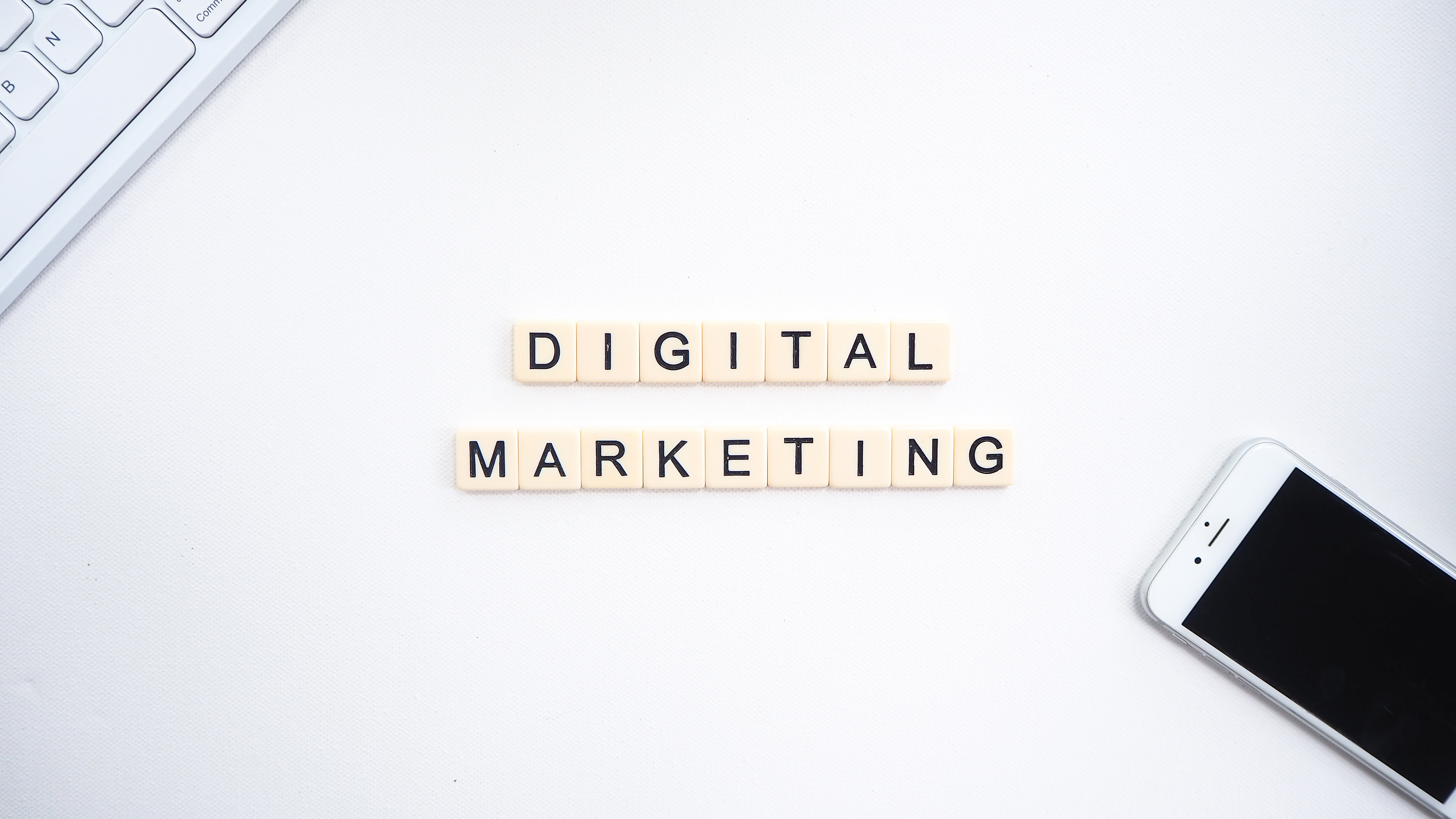Introduction Digital marketing is constantly evolving, and staying ahead of the curve is crucial for businesses aiming to thrive in today’s competitive landscape. This article explores key trends and strategies shaping the future of digital marketing and offers insights into how businesses can harness these trends for success.
1. Artificial Intelligence (AI) and Machine Learning Artificial Intelligence (AI) and Machine Learning (ML) are revolutionizing digital marketing by enabling personalized customer experiences and more efficient marketing campaigns. AI algorithms analyze vast amounts of data to optimize targeting, predict consumer behavior, and enhance campaign effectiveness. Businesses can leverage AI to deliver tailored messages and offers, improving customer engagement and satisfaction.

2. Voice Search and Conversational AI The rise of voice search and conversational AI technologies, such as virtual assistants (e.g., Siri, Alexa), is reshaping how consumers interact with brands. Optimizing content for voice search queries and integrating conversational AI into customer service strategies are becoming essential for businesses looking to enhance user experience and stay relevant in a voice-first world.
3. Augmented Reality (AR) and Virtual Reality (VR) Augmented Reality (AR) and Virtual Reality (VR) are transforming digital marketing by offering immersive brand experiences. From virtual product try-ons to interactive storytelling, AR and VR technologies captivate audiences and drive engagement. Businesses can differentiate themselves by incorporating AR/VR into their marketing strategies, creating memorable experiences that resonate with consumers.
4. Data Privacy and Ethical Marketing With increasing regulations like GDPR and CCPA, prioritizing data privacy and ethical marketing practices is non-negotiable. Building trust through transparent data collection and usage policies is crucial for maintaining customer loyalty. Businesses that respect consumer privacy and demonstrate ethical marketing practices will not only comply with regulations but also enhance their brand reputation.
5. Omni-channel Marketing Strategies Omni-channel marketing integrates online and offline channels to deliver seamless customer experiences. Consistent branding and messaging across multiple touchpoints enhance brand visibility and customer loyalty. Leveraging technologies that facilitate omni-channel interactions ensures that businesses meet customer expectations in today’s interconnected digital ecosystem.
6. Content Marketing in the Digital Age Content marketing remains a cornerstone of digital strategy, but its execution is evolving. Personalized, interactive content formats and user-generated content play pivotal roles in engaging today’s digital-savvy consumers. Effective storytelling and strategic content distribution across channels enable businesses to build meaningful connections and drive conversions.

7. Personalization and Customer Experience (CX) Personalization is at the heart of modern marketing strategies, offering tailored experiences based on customer preferences and behaviors. By leveraging customer data and marketing automation tools, businesses can deliver relevant messages and recommendations, thereby enhancing customer satisfaction and lifetime value. Personalized marketing fosters deeper connections and encourages repeat business.
8. Predictive Analytics and Real-time Marketing Predictive analytics empowers businesses to anticipate trends and consumer behavior, enabling proactive decision-making and targeted marketing efforts. Real-time marketing strategies capitalize on data insights to deliver timely, personalized content and promotions. By leveraging big data and analytics, businesses can optimize campaign performance and achieve measurable ROI.
Conclusion As digital marketing continues to evolve, embracing innovation and staying adaptable are key to staying ahead of competitors. By understanding and implementing these trends and strategies, businesses can effectively navigate the evolving digital landscape and drive sustainable growth. Embrace change, experiment with new technologies, and prioritize customer-centric approaches to future-proof your marketing efforts.
Final Thoughts Stay informed about emerging technologies and consumer preferences, and continuously refine your digital marketing strategies. By focusing on delivering value and enhancing customer experiences, businesses can thrive in the dynamic world of digital marketing.

